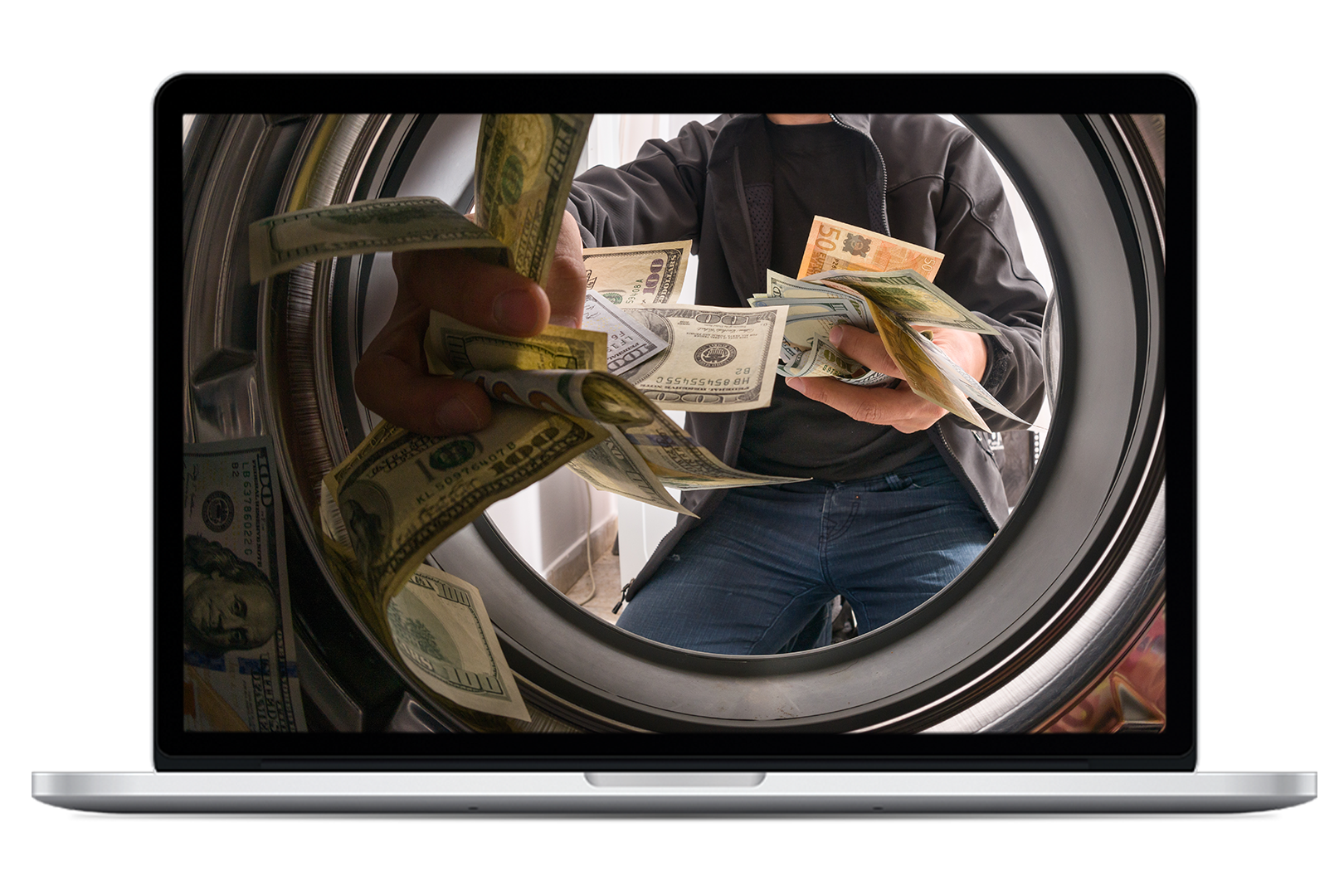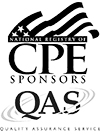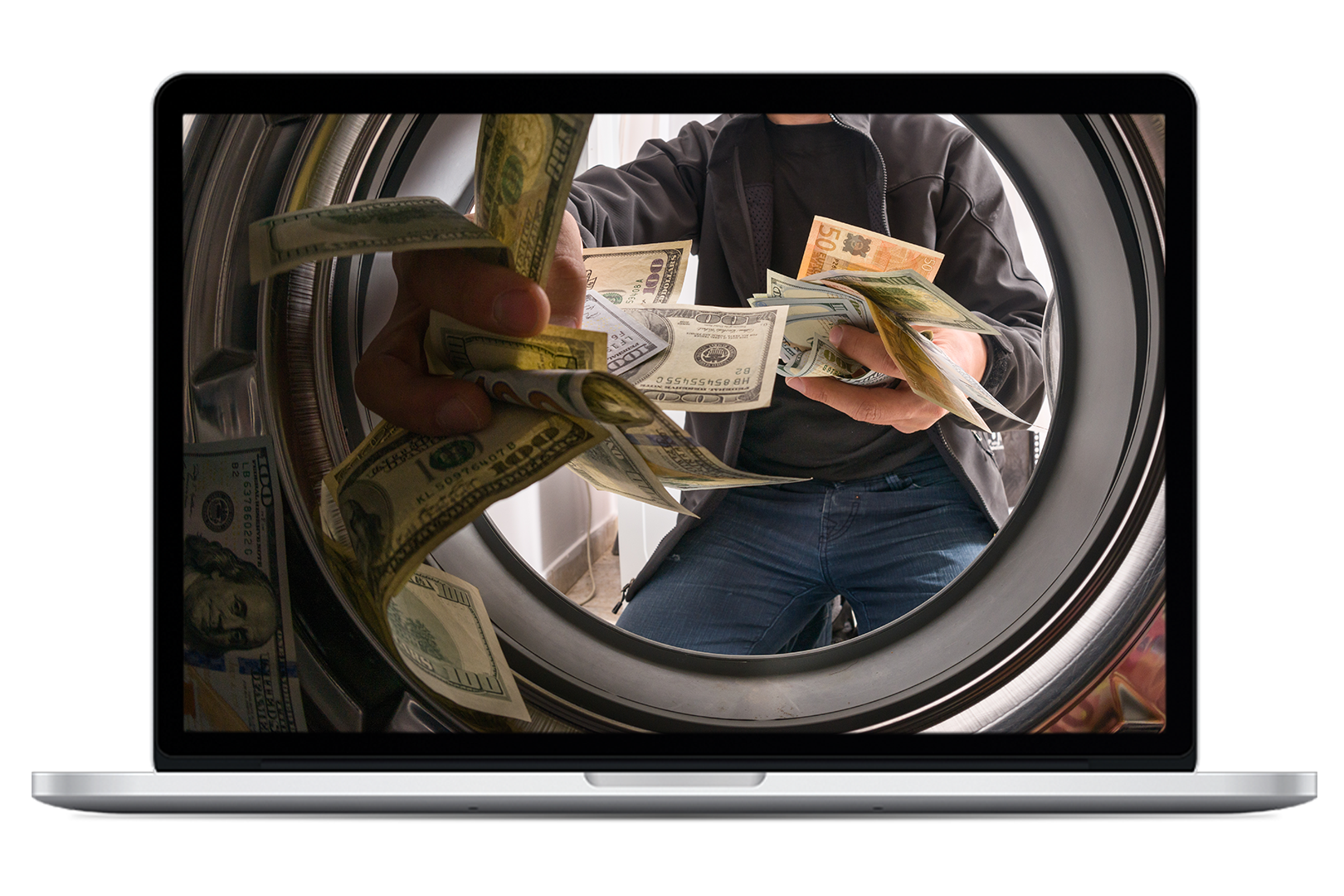Investigating Money Laundering

Intermediate
Online
Description
Money-laundering operations are designed to take the proceeds of illegal activity, such as profits from fraud, and disguise the existence, source or application of those funds so the proceeds appear to come from a legitimate source. In short, “dirty money” is made to appear clean. Once illegal money has been laundered, the perpetrator is able to spend or invest the illicit income in legitimate assets.
This course explores the money-laundering process, reviewing the methods used to launder funds, discussing laws and regulations used to combat money laundering and explaining techniques used to investigate it.
Key Takeaways:
- Elements of the money-laundering process
- Rules and regulations used to fight money laundering
- Discerning which schemes violate which regulations
- Best methods for uncovering hidden assets
Prerequisites
Understanding of money laundering and basic fraud examination techniques
You Will Learn How To:
Identify the different stages of the money-laundering process
Determine which anti-money laundering regulations are violated by particular schemes
Recognize traditional and contemporary methods of money laundering
Identify offshore havens and their functionality and how money launderers use them
Compare techniques for investigating money laundering
Ascertain the best methods for tracing and discovering hidden assets
Table of Contents
| Lesson 1 | Introduction |
|---|---|
| Lesson 2 | The Money Laundering Process |
| Lesson 3 | Regulation and Compliance in the United States |
| Lesson 4 | Anti-Money Laundering Laws |
| Lesson 5 | International Anti-Money Laundering Efforts |
| Lesson 6 | Traditional Methods of Money Laundering |
| Lesson 7 | Investing Ill-Gotten Gains |
| Lesson 8 | Using a Front Business to Launder Funds |
| Lesson 9 | Offshore Havens |
| Lesson 10 | Non-Traditional Methods of Money Laundering |
| Lesson 11 | Gathering Information |
| Lesson 12 | Proving Illegal Proceeds |
| Lesson 13 | Preparing the Personal Profile |
| Lesson 14 | Tracing the Funds from the Point of Receipt |
| Lesson 15 | Preparing the Business Profile |
| Lesson 16 | Tracing Funds from the Point of Payment |
| Lesson 17 | Turning an Inside Witness |
| Lesson 18 | Recovering Hidden Assets |
| Lesson 19 | Seven Questions in Any Forfeiture Case |
| Lesson 20 | Conclusion |
CPE Information
| CPE Credit: | 4 |
|---|---|
| NASBA Information: | Auditing |
| Advance Preparation: | None |
| Last Updated: | May 2024 |
| Delivery Method: | QAS Self-Study |
Policies
CPE Credit
Please note: To be eligible for CPE credit, you must complete the final exam within one year of purchase date. You may only claim CPE credit for a course once.
ACFE Online Self-Study Courses
Features:
- 24/7 access to courses through your Internet browser
- Save time and quickly earn CPE credits with instant access, grading and printable certificate
- The flexibility to start or stop a course and pick-up right where you left off
- No additional shipping fees
Learn More about accessing your online self-study course
Learn More about online self-study courses and their features
System Requirements:
- Internet access: High-speed connection recommended
- Speakers required for video sound
 The Association of Certified Fraud Examiners, Inc. is registered with the National Association of State Boards of Accountancy (NASBA) as a sponsor of continuing professional education on the National Registry of CPE Sponsors. State boards of accountancy have final authority on the acceptance of individual courses for CPE credit. Complaints regarding registered sponsors may be submitted to the National Registry of CPE Sponsors through its website: www.nasbaregistry.org/.
The Association of Certified Fraud Examiners, Inc. is registered with the National Association of State Boards of Accountancy (NASBA) as a sponsor of continuing professional education on the National Registry of CPE Sponsors. State boards of accountancy have final authority on the acceptance of individual courses for CPE credit. Complaints regarding registered sponsors may be submitted to the National Registry of CPE Sponsors through its website: www.nasbaregistry.org/.
Ordering and Returns
Satisfaction Guarantee
If you are not 100% satisfied with any ACFE product, you may return it to us, provided it is in excellent condition, for a full refund of the item minus the cost of shipping. Toolkits and bundles may only be returned as a complete set.
Ordering & Returns Policy

